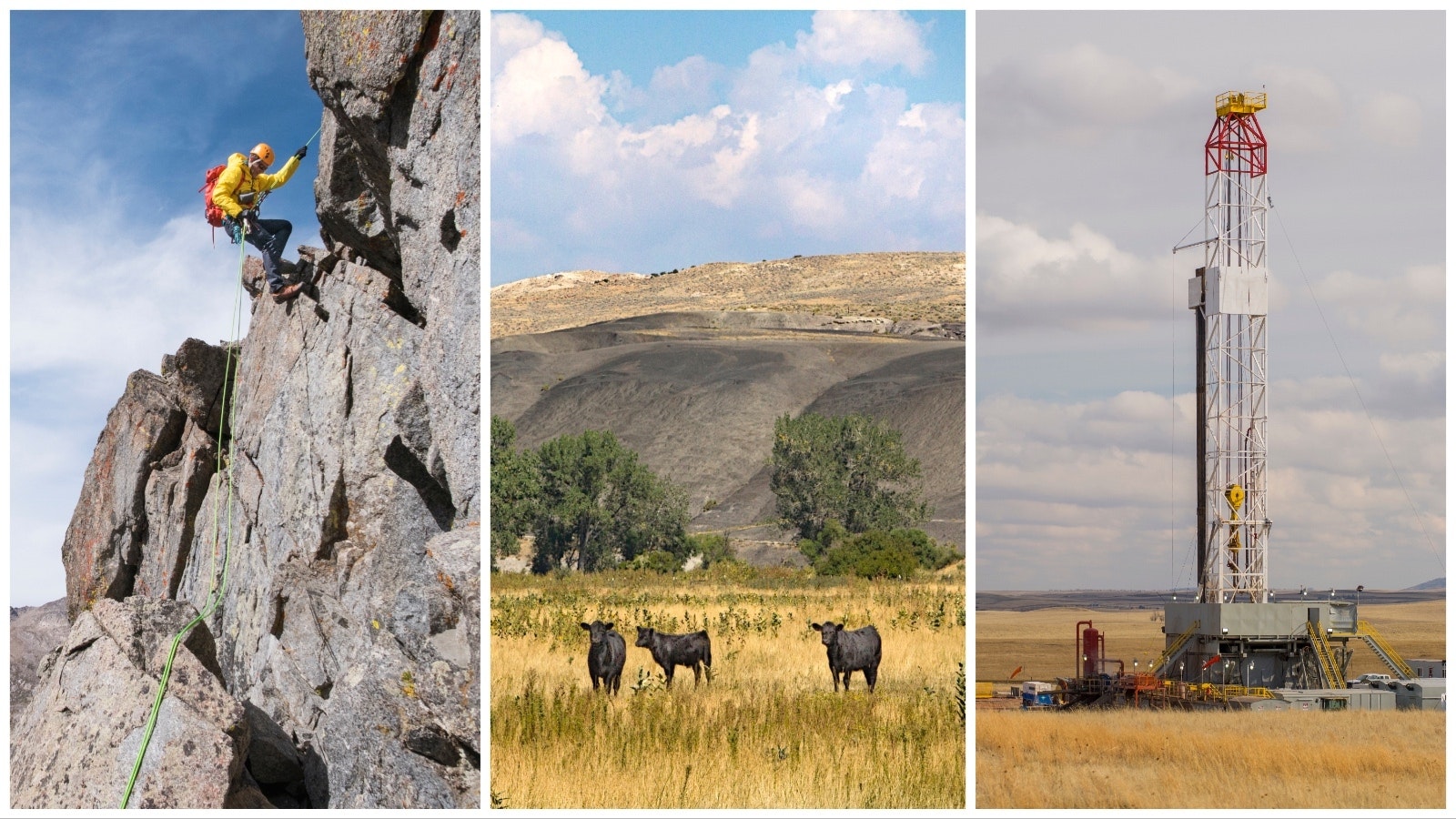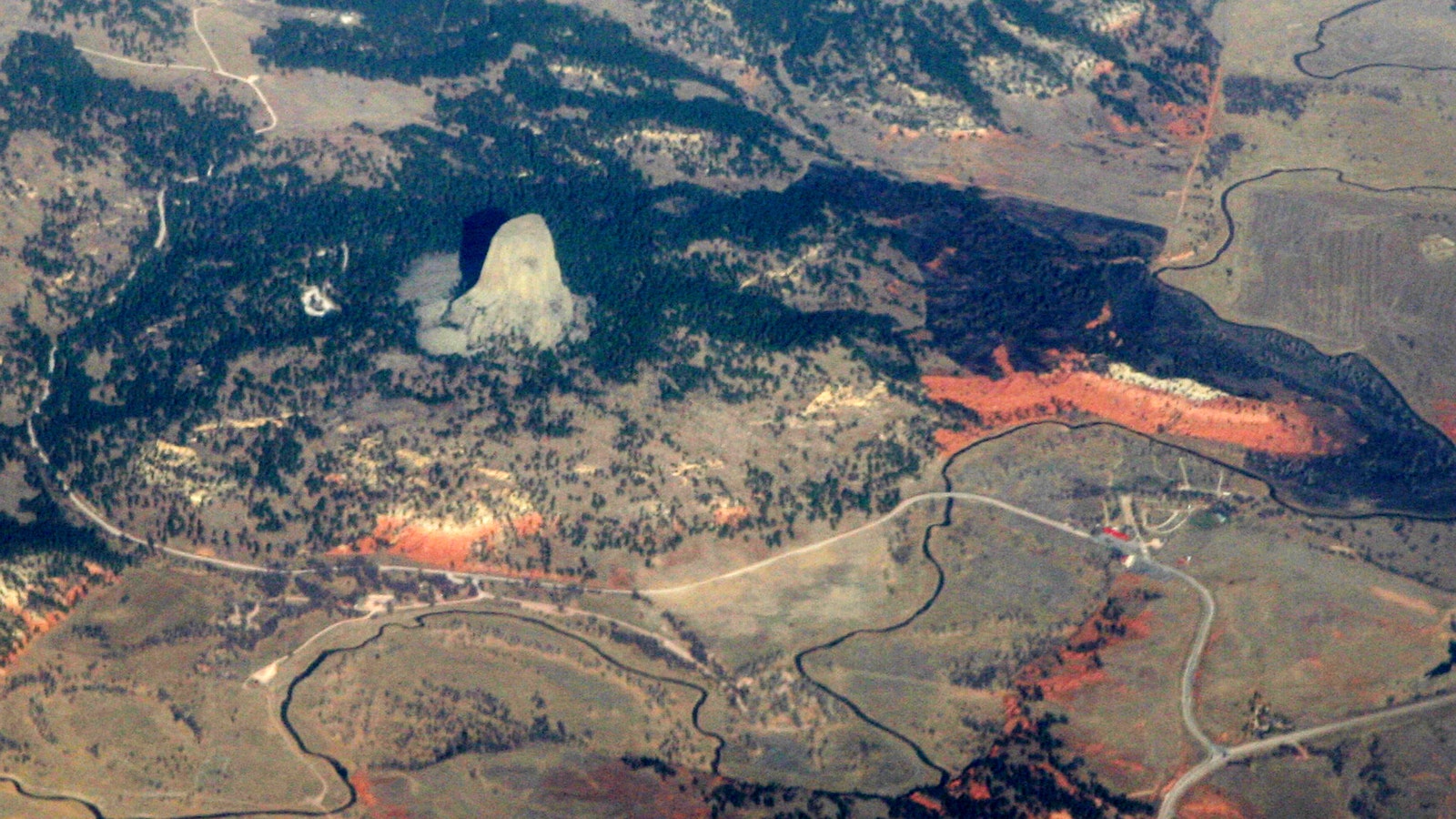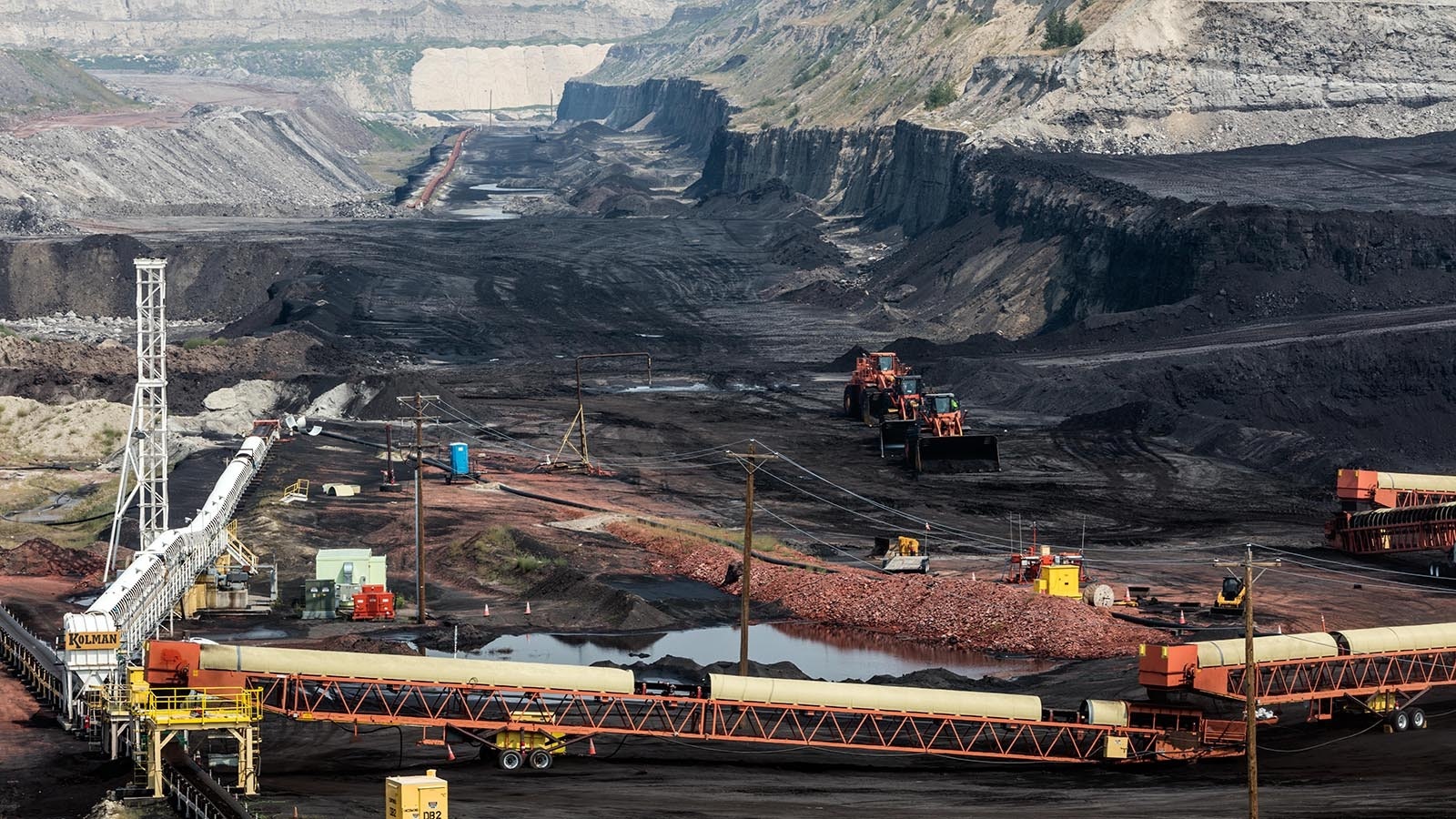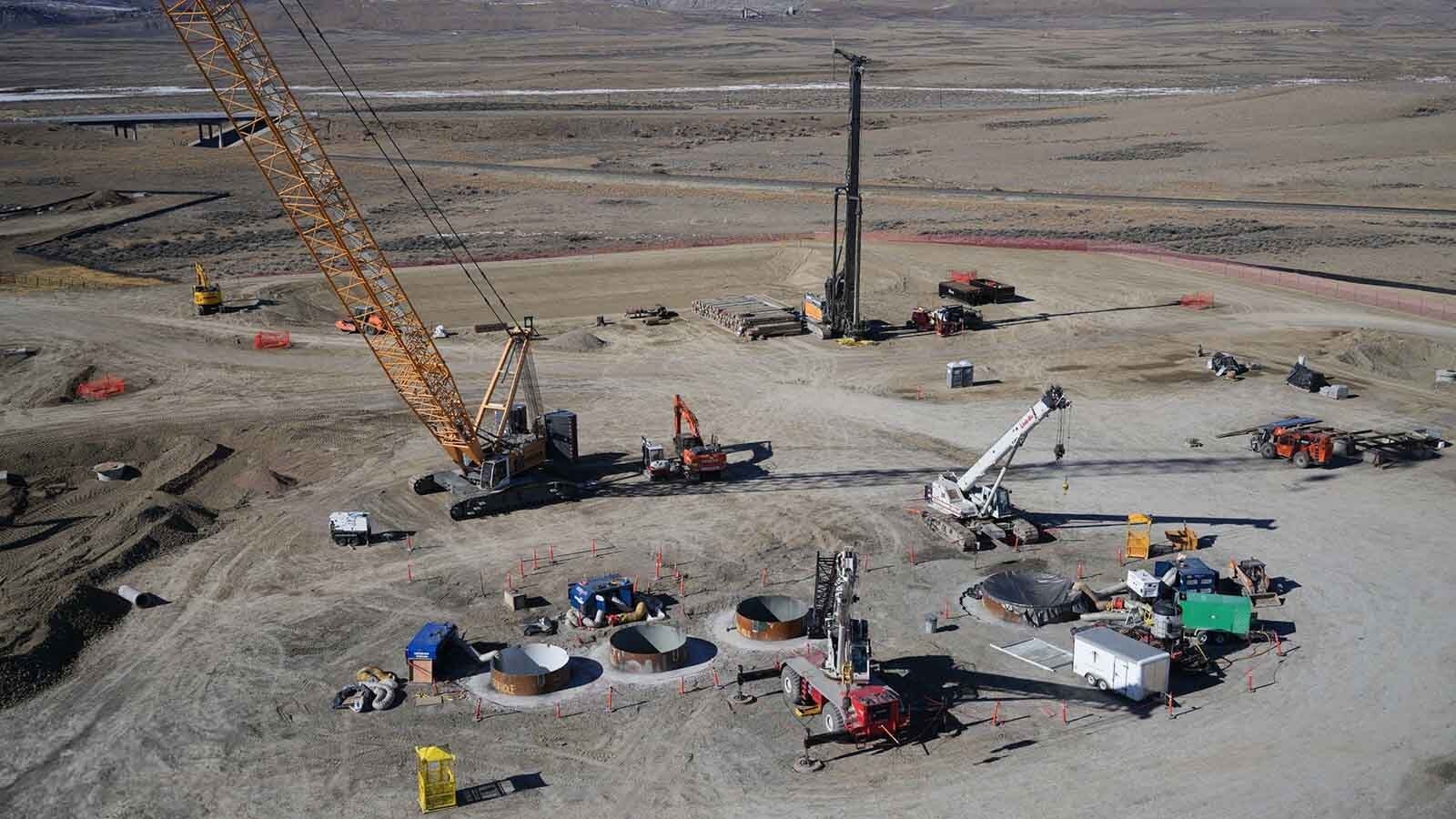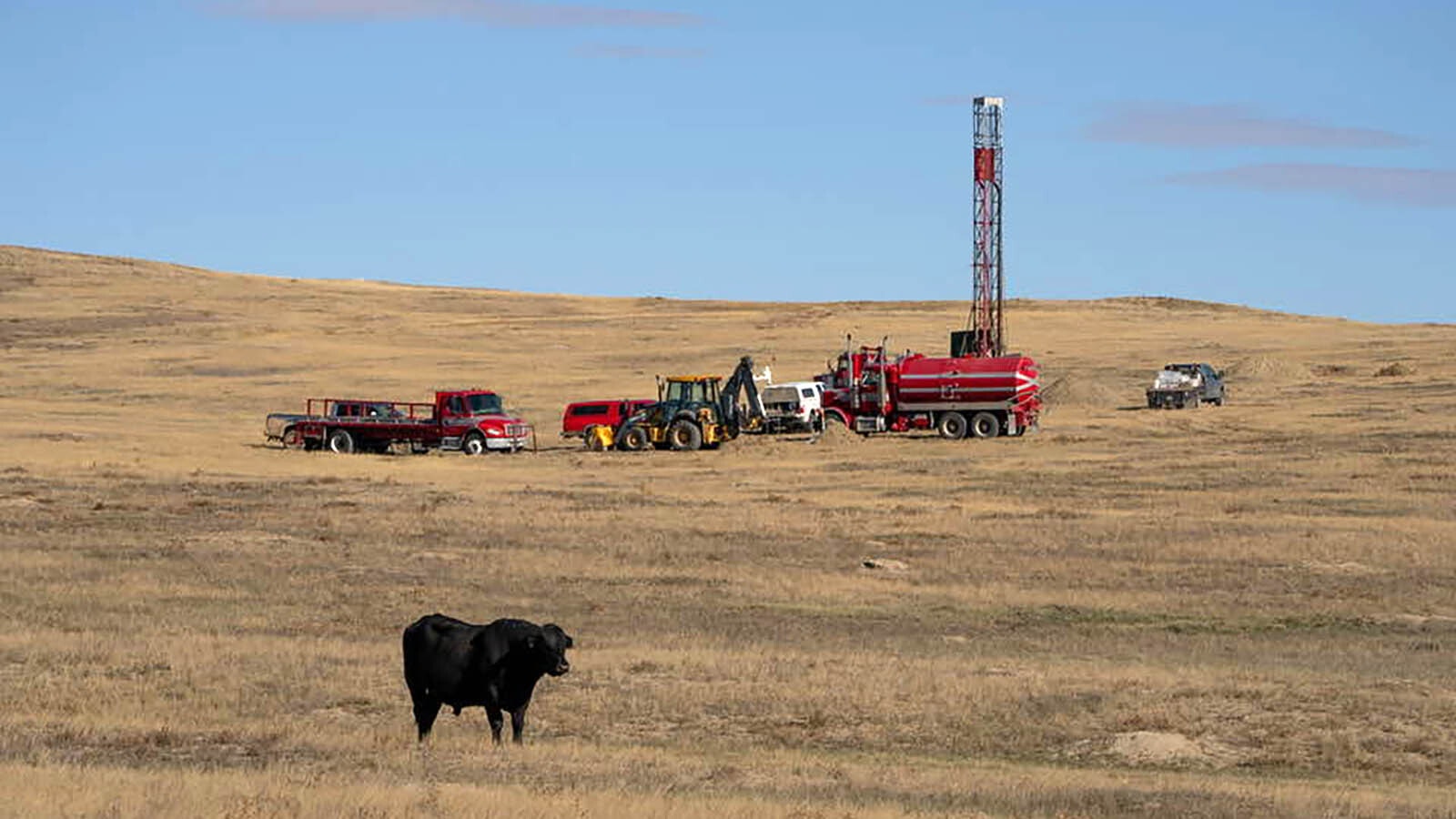A proposal by the Bureau of Land Management has caught the attention of Wyoming lawmakers and industry leaders in the state.
“It has the potential in the extreme to stop all human activity” on public lands, said Jim Magagna, executive vice president of the Wyoming Stockgrowers Association, at a meeting of the Select Federal Natural Resource Management Committee on Wednesday.
Under the rule, conservation would be considered a “use” of public land that could be leased in the same way grazing, recreation, and oil and gas production are. Land leased for conservation could potentially block any other use.
Strongest Tool
Adam Stewart, legislative director for the office of U.S. Sen. Cynthia Lummis, R-Wyoming, testified at the meeting that Wyoming’s congressional delegation is very concerned about the rule.
Stewart said Lummis believes that the proposal is a radical departure from the law and “flies in the face” of 50 years of public land management practices.
The draft of the rule remains vague as to what a conservation lease would mean for a parcel of land that is leased for this purpose, but it does appear that it would be a designation preventing any use of that parcel, Stewart said.
Conservation groups, which have cheered for the rule to become final, have expressed that their intent is to leave the land untouched by any activity, including recreation.
“Should it go into effect, it would be their strongest tool to accomplish that goal,” Stewart said.
Certainly Possible
Magagna said that grazing on public lands is such a vital part of the Wyoming’s livestock industry that without it, ranches would no longer be viable.
The rule could also impact private land, as ranchers would have to put up fences on private land if it borders a parcel leased for conservation.
Pete Obermeuller, president of the Petroleum Association of Wyoming, said there’s nothing in the rule as it's written that says that subsurface mineral rights couldn’t be leased for conservation. A conservation lease would make an entire project area worthless, he said.
Obermeuller said that he would think such an outcome “crazy and exaggerated,” except the Biden administration has overtly expressed its desire to end oil and gas production on federal lands.
“We know that just banning it outright is not going to happen. How is it going to happen? Little things like this. So, I don't want to put on my tinfoil hat about this, but it is certainly possible,” Obermeuller said.
No Public Input
Magagna and Stewart both commented that the BLM is developing the rule with little input from the public.
Magagna said that BLM Director Tracy Stone-Manning spoke to a group in Washington, D.C., and stated “enthusiastically” that the rule was developed entirely without external input.
“That is unprecedented to me of how rules are developed,” Magagna said.
Following that speech, the BLM has held public meetings, including some virtual meetings. He said that the meetings were mostly about the agency laying out its vision for the rule and no public comments were taken during the hour-long presentations.
East Coast Rule
State Rep. Scott Heiner, R-Green River, said the state has a good relationship with local administrators of the BLM and the U.S. Forest Service, as they live out here in the West in the lands they manage.
“But a lot of these headwinds are coming from the East Coast, from people who don’t live among public lands … and don’t realize how much of our resources come from our public lands out in the West,” Heiner said.
Stewart said the U.S. Senate and House members are pushing to extend the comment period on the proposed rule in hope that more people will have time to comment and communicate some of these points to the agency.
He said a former boss used to joke that people from the East think a cattle guard is someone who wears a uniform.
“Many of them think that BLM stands for ‘Black Lives Matter,’” Stewart said. “So, there’s a lot of education that needs to happen.”
Sustained Use
Stewart said creating leases for conservation ignores that conservation is a part of all management of public lands for grazing, mineral extraction or recreation. It’s all done with a philosophy of conservation and sustainability.
“The law seems very clear that the BLM has the tools they need now to manage the land for sustained use,” Stewart said.
The proposed rule, Stewart said, would effectively expand the agency’s authority beyond that that Congress has granted it.
Heiner said that with so much of Wyoming’s land in federal control, the rule, if finalized, would tremendously impact the state’s economy by removing recreation, oil and gas activity and grazing. He asked Stewart what the state could do to support the Wyoming delegation’s effort to push back against the rule.
“We have your back, and we want you to know we have your back,” Heiner said.
Stewart said the state could help by continuing to build relationships and doing outreach to educate lawmakers, the agency and the public about what the rule could potentially do to tourism, agriculture, and oil and gas.
Stewart also said litigation is helpful.
Magagna said that the Stockgrowers’ Association is developing its comments on the rule with the expectation that it could end up in litigation over the rule.
“We will embrace that litigation vigorously if we’re driven to that point, and we hope the state of Wyoming and the Wyoming Legislature would do the same,” Magagna said.

